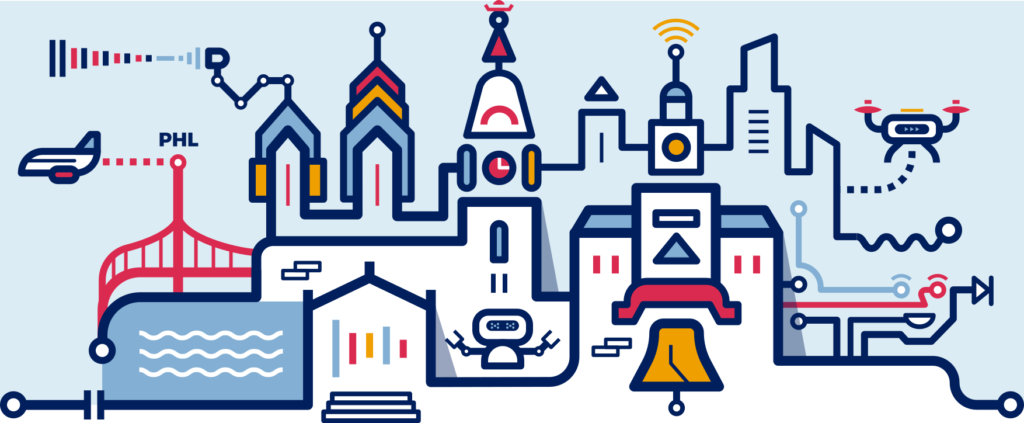
Robotics for Climate Change
Please check back at a later date for access to our archival material.
Congratulations to Serena Mou, Dorian Tsai and Matthew Dunbabin for winning the best presentation award for the work titled, “Reconfigurable Robots for Scaling Reef Restoration”!
23 May 2022 · Room 108 B
The goal of this workshop is to bring together researchers in robotics, geoscience, ecology, ethics, and other relevant disciplines to address the pressing challenges brought on by climate change. One of the aims is to understand the interdisciplinary advances in fields like robotics, earth sciences, oceanography, machine learning and climate sciences and to establish new synergies between these disparate fields that can accelerate the development of new robotics technologies in the fight against climate change. We plan to focus and learn about the challenges faced by researchers in mapping and understanding difficult environments, such as icy oceans, forests, deep oceans, air-sea interfaces, large water bodies, and complex urban settings. The vision is to create a community where scientists and roboticists can engage and collaborate in developing the next generation of intelligent sensing, mitigation, assistive technologies for climate related applications such as atmospheric and ocean modeling, extreme weather forecast and prediction, search and rescue after extreme weather events, disaster recovery, infrastructure monitoring and maintenance, sustainable agriculture and aquaculture, etc.
We plan to discuss a series of research issues that include measurement collection and analysis, coordination and collaboration between multiple heterogeneous data-sampling platforms, data fusion, sensor motion, target tracking, and environmental modeling. Regardless of the applications, all these tasks aim at information acquisition and information investigation.
Organizers





Topics of Interest
- Active sensing
- Adaptive sampling
- Aerial Robotics and UAVs
- Agricultural Robotics and Automation
- Energy, Environment, and Safety Issues in Robotics and Automation
- Joint modeling of remote satellite and robot sensing
- Hyperspectral imaging
- Informed exploration techniques
- Long-term persistent autonomy
- Long-term and long-distance deployments with energy autonomy
- Environmental monitoring
- Marine Robotics
- Methods for capturing features of data (e.g. modeling the dynamics of fluids and atmospheric phenomena, segmentation and feature characterisation)
- Novel algorithm formulations
- Multi-scale and multi-sensor data fusion
- Robotics and Automation in Nuclear Facilities
- Situational awareness in extreme environments
- Smart Buildings
- Sustainable Production Automation
This workshop is supported by the RAS Technical Committees on Multi-robot Systems, Marine Robotics, and Robotics Research for Practicality.
We graciously acknowledge support from Treeswift and IEEE TechEthics.

